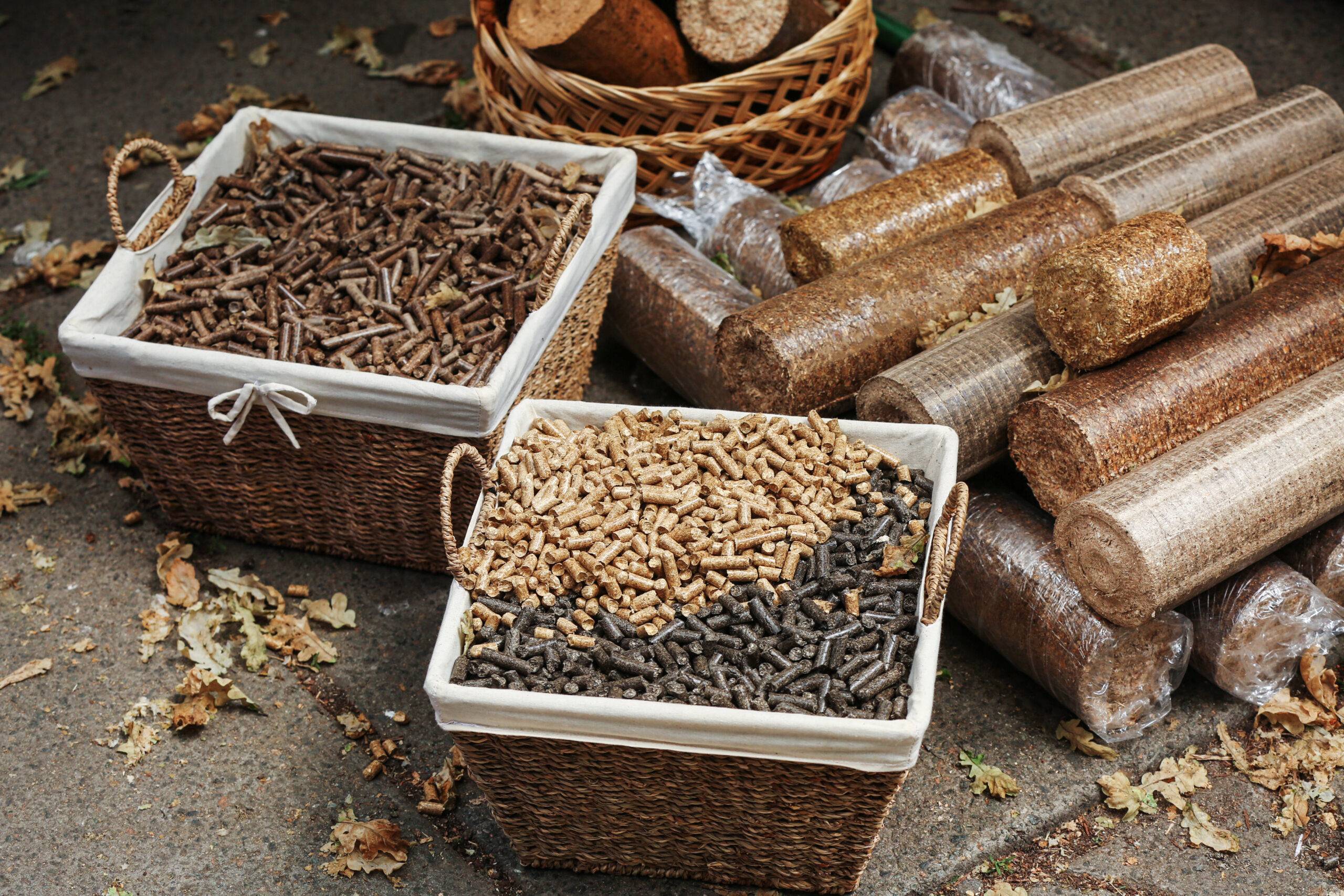The European Commission’s Standing Committee on Plants, Animals, Food and Feed (SCoPAFF) for Animal Nutrition has officially endorsed the updated Copa-Cogeca & FEFAC Code of Good Labelling Practices for compound feed following a thorough 12-month assessment. This endorsement, which took place during the meeting on 2-3 December, represents a significant advancement in the promotion of sustainable feed production and the reduction of emissions from livestock production.
The updated code, inspired by the proposal for the Green Claims Directive, provides detailed guidelines for communicating the environmental performance of animal feed to farmers. It focuses on key impact areas such as climate change, eutrophication, and techniques for reducing livestock emissions. The enhanced code integrates the PEFCR Feed for Food-Producing Animals methodology and the Global Feed LCA Institute database, offering a harmonized approach to labeling that supports the feed sector’s efforts to minimize its environmental footprint.
Developed with the support of FEFANA, the code also includes clear recommendations for substantiating environmental claims related to compound feed, particularly regarding livestock emissions abatement techniques. It ensures that feed producers can transparently report on the environmental impact of their products, enhancing transparency towards both livestock farmers and consumers. By providing information on 16 environmental impact categories, including water use and biodiversity, the code helps meet the reporting requirements for Scope 3 greenhouse gas emissions.
The endorsement of the upgraded code signifies a significant milestone in the journey towards sustainable feed and livestock production. With this harmonized framework in place, the feed sector is now better equipped to contribute to reducing emissions from feed and livestock production.
In conclusion, the detailed guidelines provided in the updated code of good labeling practices for compound feed offer a comprehensive framework for communicating the environmental performance of animal feed. By addressing key impact areas and integrating industry methodologies and databases, the code supports the feed sector’s efforts to reduce its environmental footprint and enhance transparency in reporting environmental impacts. This endorsement represents a major step forward in promoting sustainable feed and livestock production, positioning the industry to make meaningful contributions towards reducing emissions and improving environmental sustainability.




